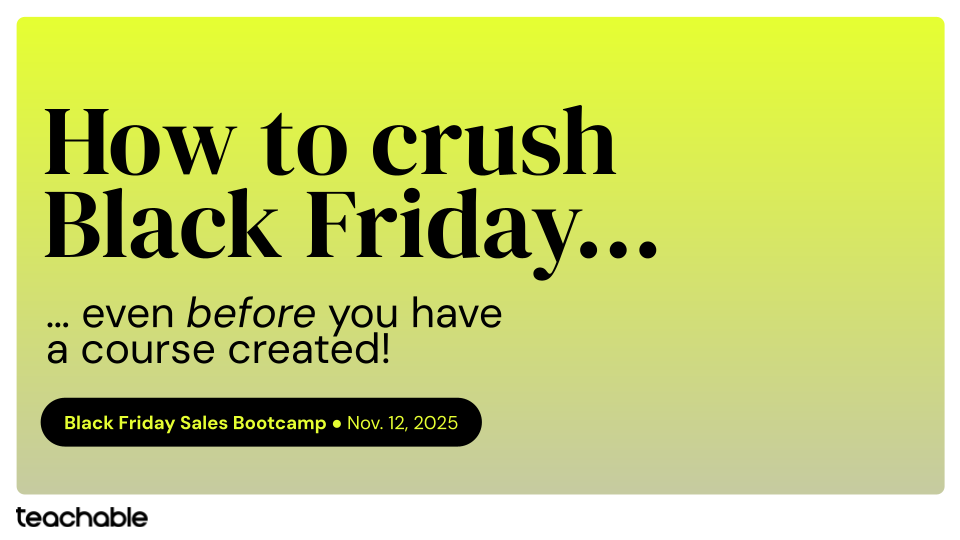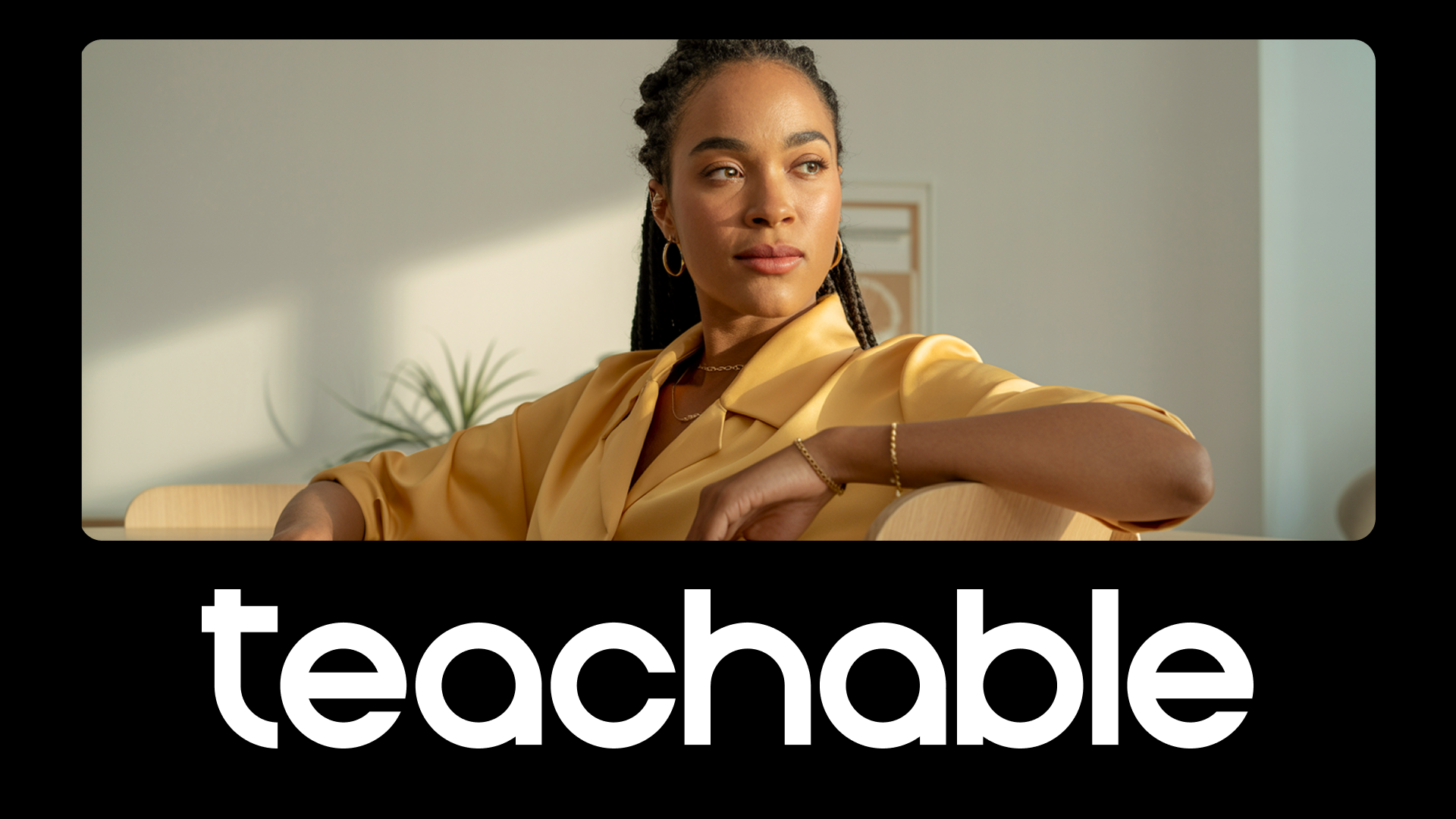Recently, Aquila Farrell joined us live to share her strategy on how to build an effective email sequence in the post-purchase journey.
Aquila has turned her love of fashion and design into an email marketing career. Her courses on Teachable are all about turning followers into a strong community by strategically using emails to build trust. She’s worked with Fortune 500 brands including Google, Godiva, Amazon Music, Audible, Dyson, Lululemon, and Vaseline. You can also find her mentoring other email marketers in her community, Convert More.
Lessons from Aquila
During her session with our community, Aquila shared her expertise on the types of emails you can send in the post-purchase journey. She even walked community members through how to set up certain automations and triggers for their email campaigns. These emails are aimed at increasing your communications and strengthening your community.
“At the end of the day, if you’re not using email marketing in the post-purchase journey, you are losing money and leaving money on the table,” she said. Remember this is far from everything she shared in her hour-long session, so be sure to sign up for community on a paid plan if you want to access the replay of this session, or sessions to come.
The upsell
The first email she recommends adding to your roster if you don’t already have it is the upsell email. Maybe your student didn’t purchase an upsell at checkout. So email marketing gives you another chance. A strong email journey offers you the opportunity to nurture your audience by giving more context on the product’s value. And it makes the sale less like a transaction and more of a dialogue since students have the option to reply.
The guided experience email
“This is one that I absolutely do with every course that I create,” Aquila said. As the title suggests, this is all about guiding your students to course completion. Usually, this looks like a weekly email opening the floor for questions, presenting that week’s recaps, and what else to expect in the next module. Reminder, as Aquila noted in her webinar, you’re “not being annoying, you’re making sure that they have the support they need.”
The request for testimonials
While we all wish getting sound bytes that compliment our work happened organically, testimonials require more care than that. Gathering testimonials doesn’t always have to be a direct request. You can jazz it up by asking for progress screenshots or providing prompts asking students how they feel about the modules. This is a great way to have a paper trail which you can use to build trust with other leads.
Strengthening your own email strategy
Having a strong email marketing strategy is something every creator will need in their toolbox. The cost of not executing a solid email strategy can impact your bottom line. It shows a level of disengagement from eager students. When students don’t engage, they forget to make your course a priority. All of which result in a loss of revenue and the chances of returning students.
Join more than 150,000 creators who use Teachable to make a real impact and earn a real income.


.png)
.png)



